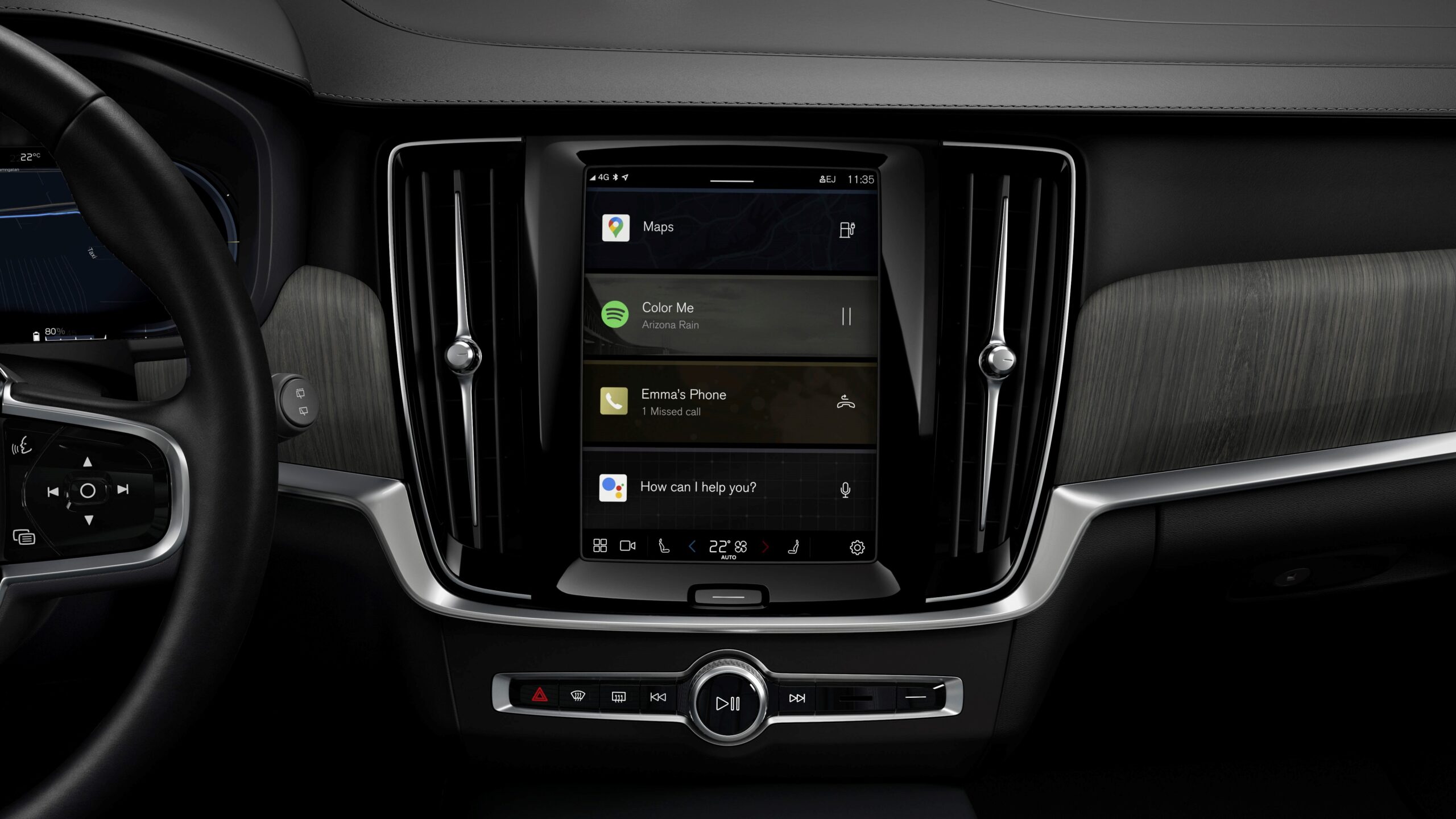Welcome to AdFeeder’s web Wednesdays, your weekly dose of the latest news and stories that have caught our eye. From technology news to the latest vehicle releases and everything in between, we aim to bring you a quick run down of what you need to know each week.
The weeks seem to be ticking by, but as ever there’s no shortage of updates and gossip from the world of automotive and technology!

The all-new BMW M3 & M4 Competitions are here
The first customer deliveries of the highly-controversial BMW M3 and M4 models have now landed – showing the world that car design really is subjective. Some HATE the two foot vertical kidney grilles, which according to BMW designers harks back to the 328 from 1936, while others are calling the design inspired. Looks aside, BMW have now started distributing the new M3 and M4 Competitions to U.K dealers and customers. The figures are mightily impressive: 510 horsepower, 650Nm of torque and a 0-60mph time of just 3.9 seconds ensures this saloon really rockets.
Now we get to the price, the M3 Comp starts at £74,850, with an optional extra list that could easily turn that seven into an eight or nine, making it an exceptionally expensive car. Even at its starting price, you’re balancing on the edge of a barely used Cayman GT4 from Porsche or even a used new shape Aston Martin Vantage!
Like everything, time will be the biggest test for these new models from BMW, die hard fans are already starting to place orders and a lucky few have already taken delivery. One thing is certain, whilst it’s likely to be a riot to drive both on track and the road, expect to get a lot of comments when stopped at a petrol station, perhaps both good and bad!
What Apple’s iOS 14 means for advertising
There has been more talk around this iOS update than any other, and it’s set to change online advertising forever. Apple has announced changes with iOS 14 that will affect how we receive and process conversion events from tools such as the Facebook pixel. Businesses that advertise mobile apps, as well as those that optimise, target and report on web conversion events from any of our business tools will be affected.
Specifically, Apple will begin to require that apps in the App Store that engage in what Apple defines as “tracking” to show a prompt to iOS 14 users, in accordance with their App Tracking Transparency framework. Apple’s policy will prohibit certain data collection and sharing unless people opt in to tracking on iOS 14 devices via the prompt. As more people opt out of tracking on iOS 14 devices, ads personalisation and performance reporting will be limited for both app and web conversion events.
We are working on a full article around this topic and the actions you can take to prepare!

Have crossovers always been popular?
It is near enough impossible to drive down a residential street in the U.K without seeing a plethora of crossover SUVs. These smaller, often sportier looking variants of the tried and tested SUVs seek to bridge the gap between the hatchback and the larger family car. It’s no secret that sales of estate cars in Britain have plummeted over the last few years, with all attention turning to crossovers, but where exactly did the idea come from?
There have actually been hundreds of attempts to create a crossover between a hatchback and SUV, some successful, some… not so much – here’s just one example. In 1990, years after the success of the MK2 Golf and its many variants including the GTI, Volkswagen decent their boxy hatchback needed a bit more adventure in its life. The Golf Country featured lifted suspension, a spare wheel mounted to the rear and of course, a 4WD system. Its unusual styling didn’t exactly sweep people off their feet, with a reported 7,735 examples built over its single year lifespan, with only a handful left today. It’s interesting to see how the idea was originally there, but the market hadn’t yet felt the need for it back then, whereas nowadays car brands can’t make them fast enough!
What are your thoughts on the Crossover SUV market, welcome or unnecessary?
Volvo and Google join forces
This is something that we’ve actually been debating for a long time coming, and it looks as though Volvo is set to be the first. We’re talking about infotainment systems – the car’s central hub and one of the most used elements of any modern car. Previously, manufacturers would spend millions of dollars and countless hours developing and designing their own in-car operating systems, some successful (BMW’s iDrive for example has been class leading for over a decade), to some, not so successful. (That’s you, Fiat).
Creating an innovative, intelligent and pleasant looking display is one thing, but ensuring drivers and passengers can actually use it is arguably the most important part. Studies have shown that collisions due to being distracted are increasing year on year, partly down to how complex infotainment systems are getting. Volvo looks set to change all this, scrapping their existing in-house developed Sensus infotainment software for a new Google Android-powered system, making for a far safer approach to using technology while driving. The new platform will allow drivers to use Google’s much loved Assistant, who can adjust the car’s temperature or changing the volume without having to look away or remove hands from the steering wheel.
From our point of view, we are surprised it has taken this long to happen. Systems like Google Home and Amazon’s Alexa have revolutionised the way people complete daily tasks, ordering food or products has never been easier and it makes complete sense to bring a talk-based system into an environment where concentration is key.

Elliot is our resident tech-lover and petrolhead, who is in charge of spreading AdFeeder to the masses! Having previously worked with brands such as Porsche and BMW, Elliot specialises in content creation and social media.




